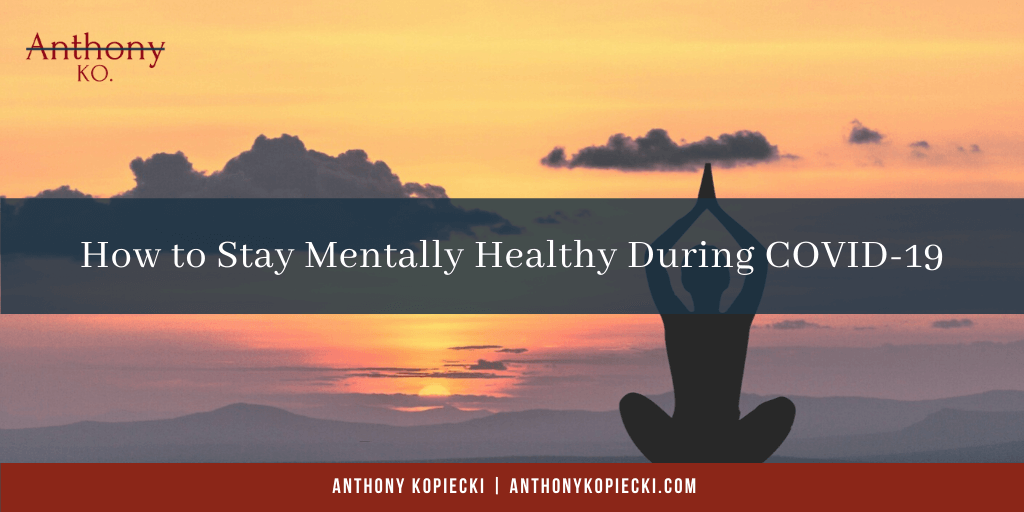The global COVID-19 pandemic has forced most people around the world to change their daily routines. Suddenly, people are forced to either work from home or take a hiatus from work. Many people stress over bills and family issues. However, there are several things you can do to help improve and maintain your mental health during this crisis.
Stay Connected
There are many ways to stay healthy and entertained at home. You can read books, watch streaming services or write old-fashioned letters. However, you should not forget to maintain connections. Use your phone to call or text at least a few people each day. Some groups have even set up virtual events, such as coffee hours or other social gatherings. This helps alleviate loneliness, especially if you’re in a house all alone.
Set Reasonable Goals
Some people believe that this is the perfect time to catch up on things they’ve put off for months or even years. Suddenly, there’s the urge to clean out the garage or catch up on sending emails. This is all well and good. However, it’s important to remember not to overload. People should set goals for things they plan to accomplish each week. After the first 1-2 weeks, the goals should be adjusted so that they are more manageable. It’s also a good idea to start a new routine. Distinguish between work time and leisure time. For instance, those who are morning people could aim to get work tasks done by early afternoon. This frees up evenings for virtual social time, calls or texts. People should also remember to take short work breaks for stretching and exercising.
Practice Relaxation Techniques
The CDC has several guidelines to help people manage stress. Among them is a suggestion that involves taking care of one’s own body. People who are self-isolating can exercise by walking around the yard or stretching inside the house. They could also practice taking deep breaths or closing their eyes and meditating, especially in highly stressful moments.
It’s important to remember that everyone handles stress differently. Some combination of exercise, establishing a routine, and practicing relaxation techniques will generally work to help alleviate stress for most people.

